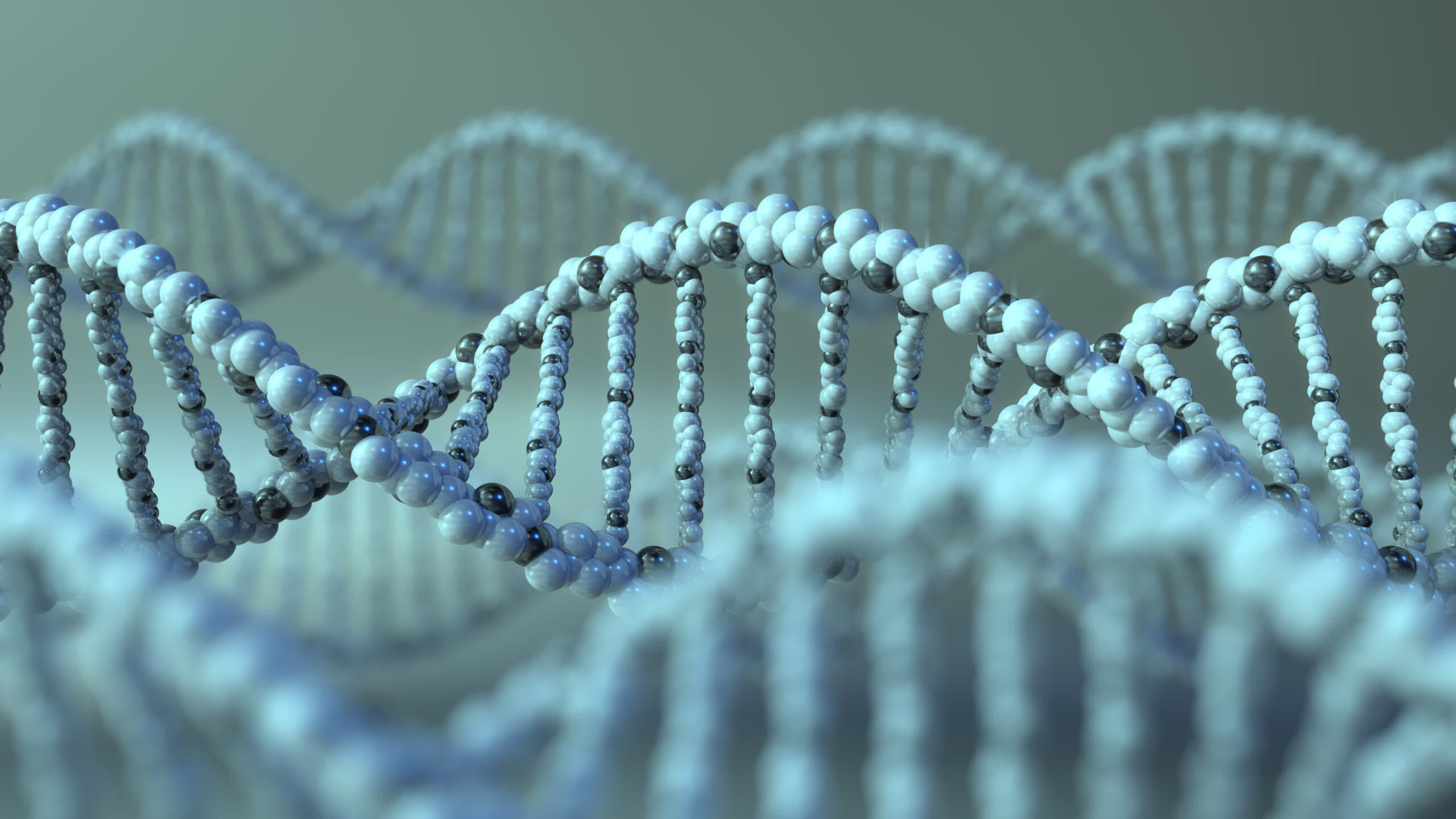

Turner Syndrome, the congenital infertility of girls with only one X chromosome

28 August, 2020
August 28th is World Turner Syndrome Day, a disease that only affects women. But what does it involve in concrete terms?
Turner Syndrome is one of the most frequent chromosomal diseases diagnosed in embryos through PGD (Preimplantation Genetic Diagnosis). It is a female genetic disorder associated with a partial or complete absence of one of the gender chromosomes. Girls (XX) with this syndrome are either lacking one of their X chromosomes, or one of their X chromosomes presents only partial information.
Turner Syndrome occurs in about 1 in 2,500 girls, and the most common features of this syndrome are a shorter than average height, absence of periods, and loss of ovarian function. This latter consequence causes the female suffering from Turner Syndrome to become infertile which therefore prevents her from becoming a mother naturally. According to various scientific studies related to the reproductive health of girls with Turner syndrome, approximately 40% of affected women become mothers in adulthood through ovodonation. However, they may present problems such as preeclampsia during the pregnancy.
A random error in cell division
Turner Syndrome is caused by a random error in cell division that occurs during the formation ofthe reproductive cells. This is why it is not usually an inherited condition. Only 1% of the embryos that have this incomplete information manage to develop and are born. As in Down Syndrome, this chromosomal problem is associated with the age of the parents at the time of reproduction. For this reason, genetic diagnosis of embryos is important as the parents’ ages increase. The healthy embryos can be chosen, therefore avoiding gestational losses and facilitating the birth of a child without chromosomal problems.
Indications for Preimplantation Genetic Diagnosis
At IVI, we are pioneers in the detection of embryo chromosomal diseases. We recommend PGD in the following cases:
- Advanced maternal age of 35 years or more.
- Women who have suffered two or more miscarriages.
- Women with two or more failed in vitro fertilization cycles.
- Male factor: highly altered parameters in the male semen may indicate the presence of an abnormal chromosome count in the sperm.
- Couples that have had a previous gestation containing an altered number of chromosomes.
- Couples who are carriers of numeric abnormalities for the sex chromosomes (X or Y).
Did you know the importance of Pre-implantation Genetic Diagnosis to detect and prevent the transmission to offspring of serious diseases caused by genetic and chromosomal alterations in embryos? With our Online Course in Clinical Embryology you will be able to update and expand your knowledge with the new protocols and the most advanced technologies in this field.
Related courses

Online
Online Course on Immunology and Hematology
Start: 02/12/2026
Online courses
Course fee:
250 €

Online
Online course: Fundamentals in Reproductive Genetics
Start: 02/12/2026
Online courses
Course fee:
150 €

Online
Assisted Reproduction Fundamentals
Start: 06/11/2026
Online courses
Course fee:
150 €

